Pets are beloved members of our families, but our homes can sometimes be filled with hidden dangers. Over 401,550 cases of pet poisoning occur annually in the U.S. Many everyday household items can pose serious health risks to our furry friends. In this post, we’ll explore some common household items that are dangerous for pets and how to keep your pets safe.
Cleaning Products
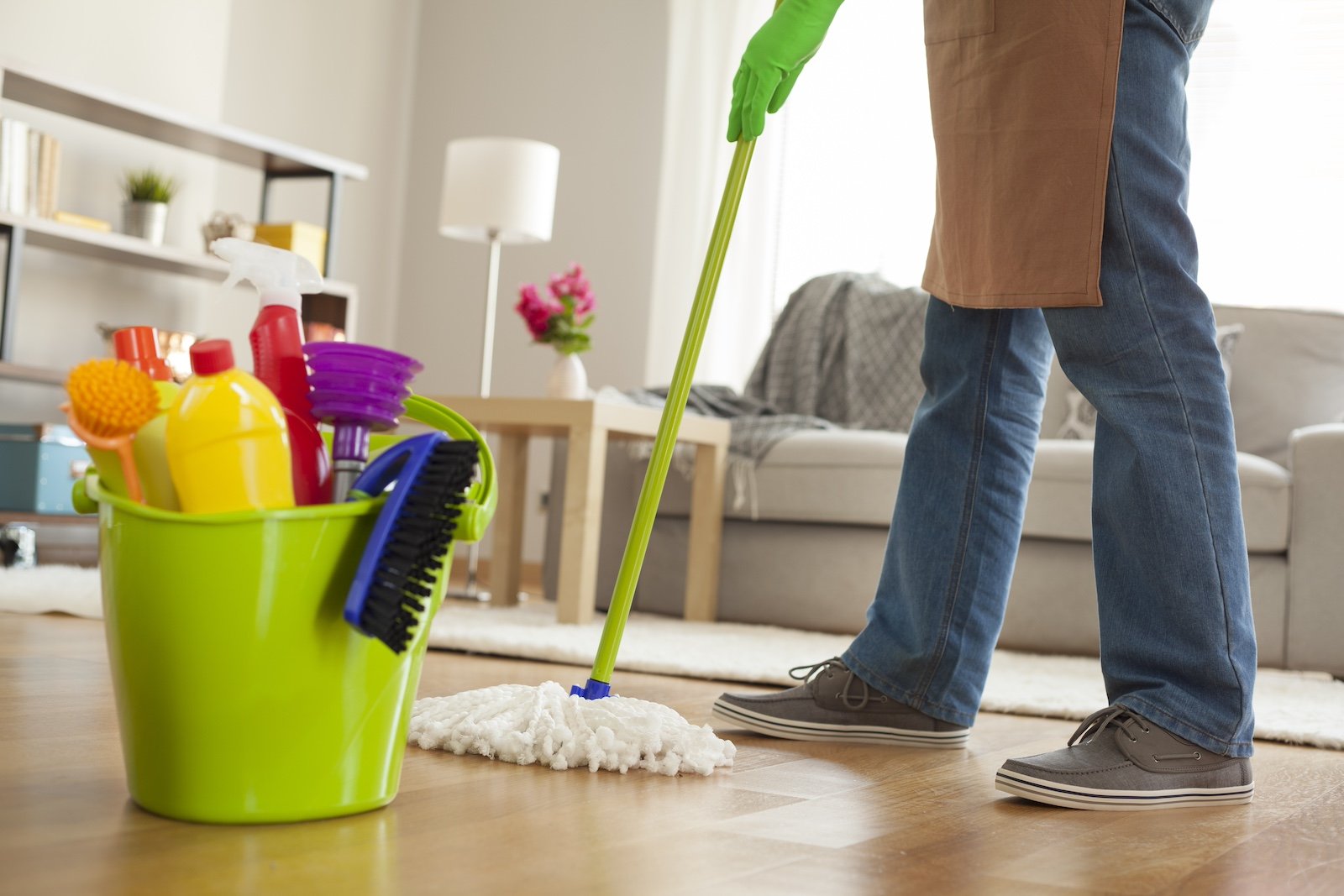
Many cleaning products contain chemicals that are toxic to pets. Items such as bleach, ammonia, and certain detergents can cause severe reactions if ingested or inhaled. Always store cleaning supplies in a secure cabinet out of reach of your pets.
Medications

Both prescription and over-the-counter medications can be highly harmful to pets. Human medications like pain relievers, antidepressants, and cold medicines can cause serious health issues. Keep all medications in a locked cabinet and never leave them where pets can access them.
Certain Foods
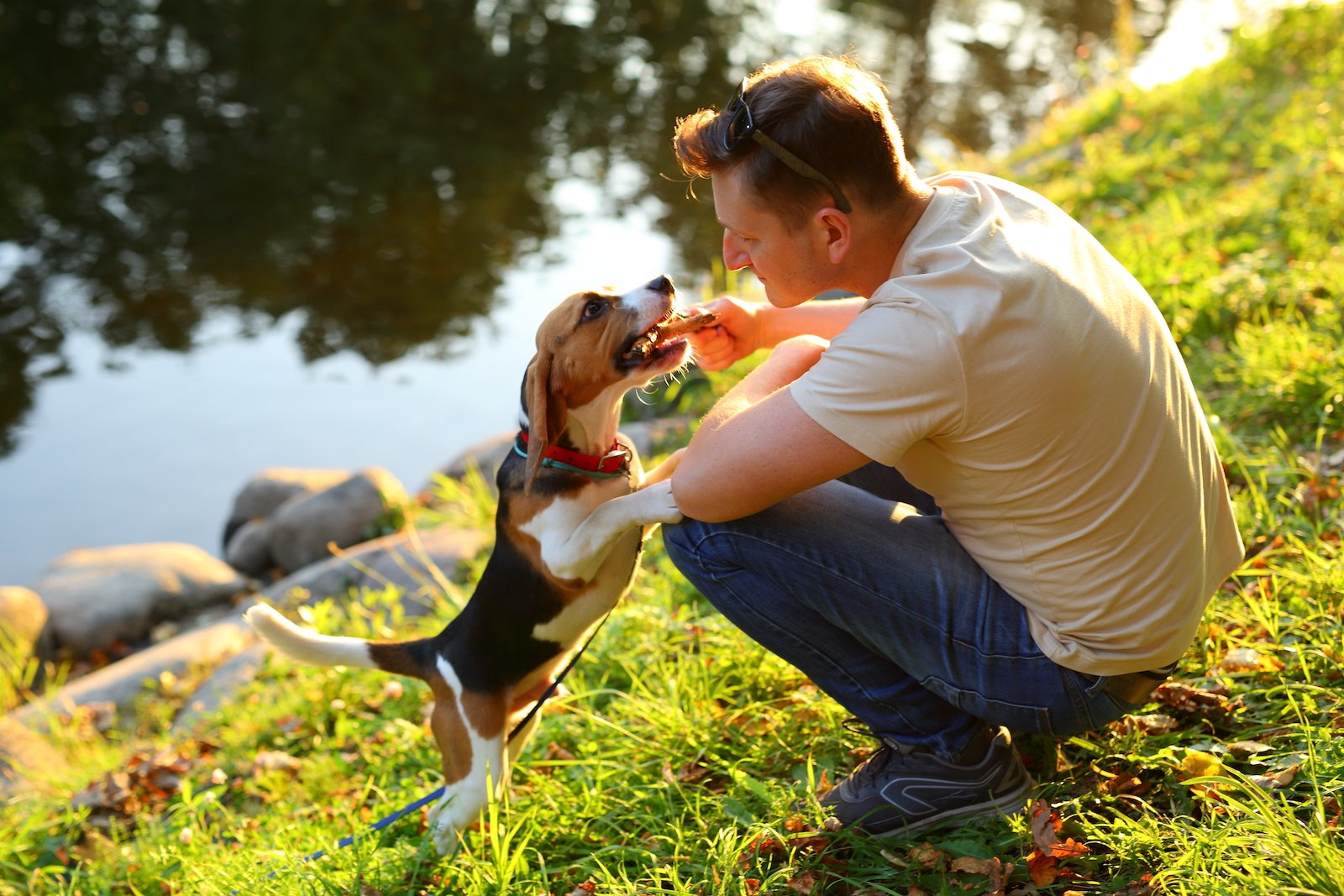
Some foods that are safe for humans can be toxic to pets. Chocolate, grapes, raisins, onions, garlic, and xylitol (a common sweetener) are dangerous. Ensure these foods are stored securely and educate family members about the risks.
Plants
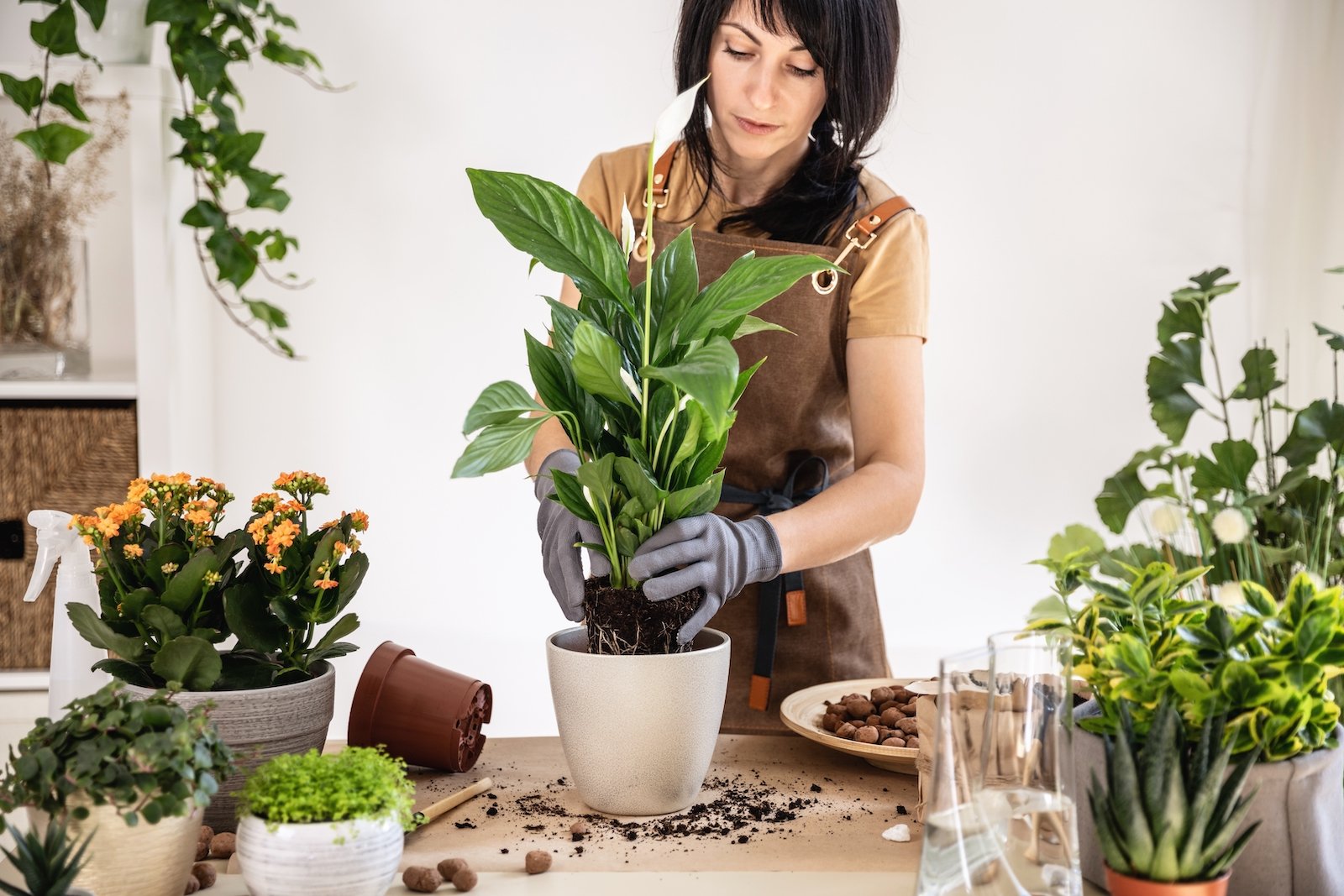
Several common household plants can be toxic to pets if ingested. Plants like lilies, azaleas, and philodendrons can cause severe reactions. Research any plants you bring into your home and keep toxic plants out of reach or opt for pet-safe alternatives.
Pesticides and Rodenticides
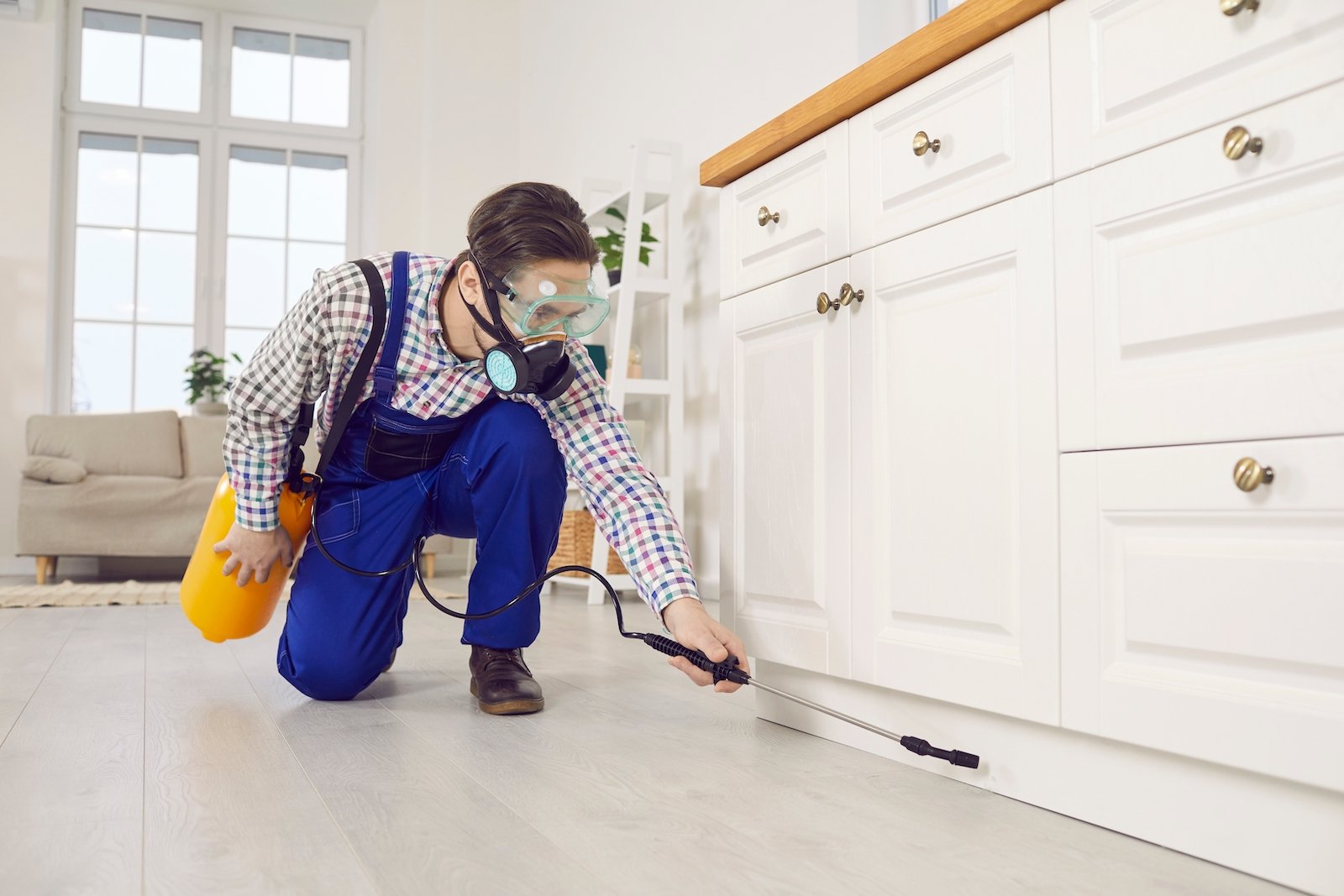
Products designed to kill pests can also be harmful to pets. Rodenticides and insecticides can cause poisoning if ingested. Use these products with caution and follow all safety instructions, keeping them well out of your pet’s reach.
Batteries
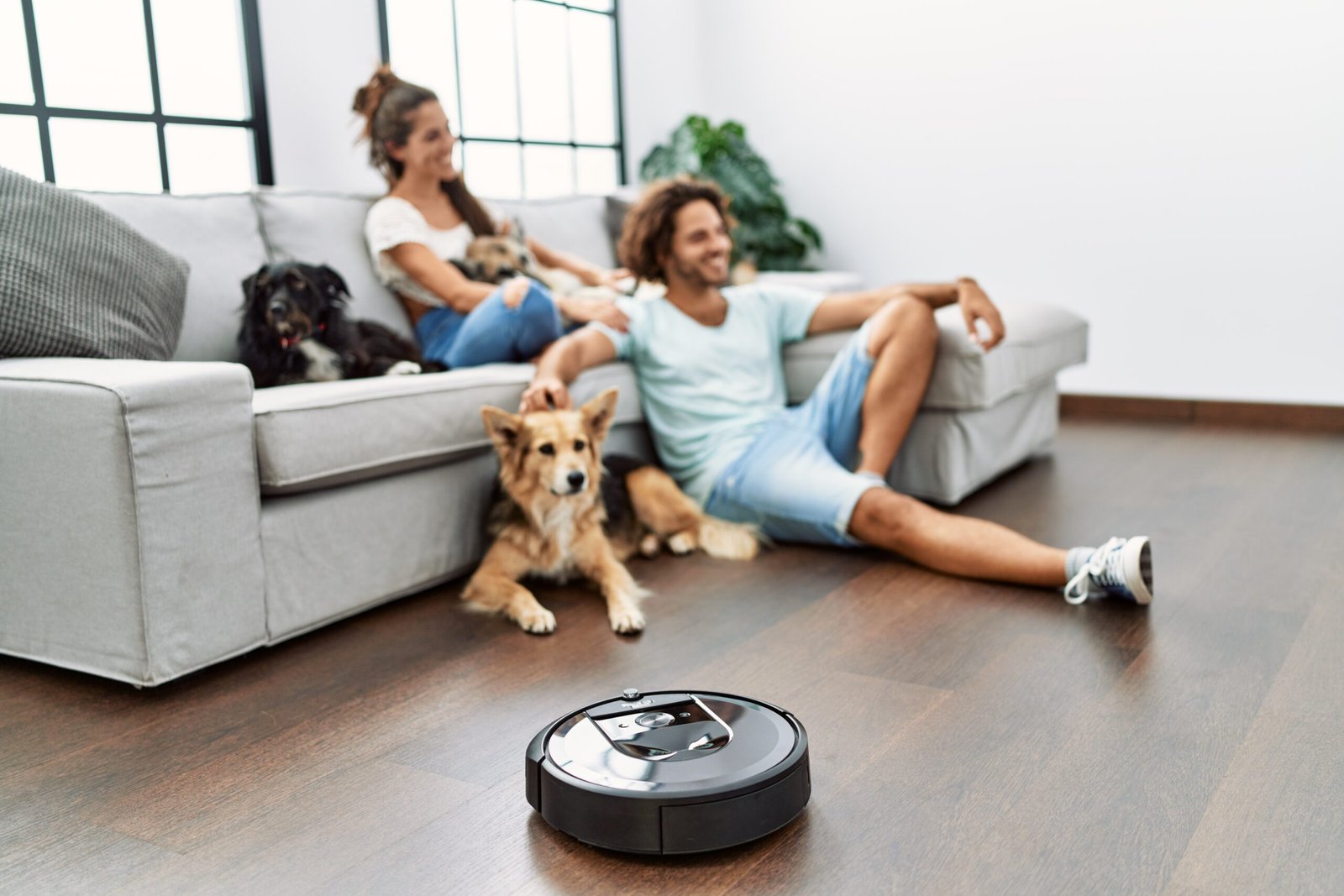
Batteries, if chewed or ingested, can cause chemical burns and heavy metal poisoning. Keep batteries and electronic devices out of reach, and dispose of used batteries properly.
Small Objects
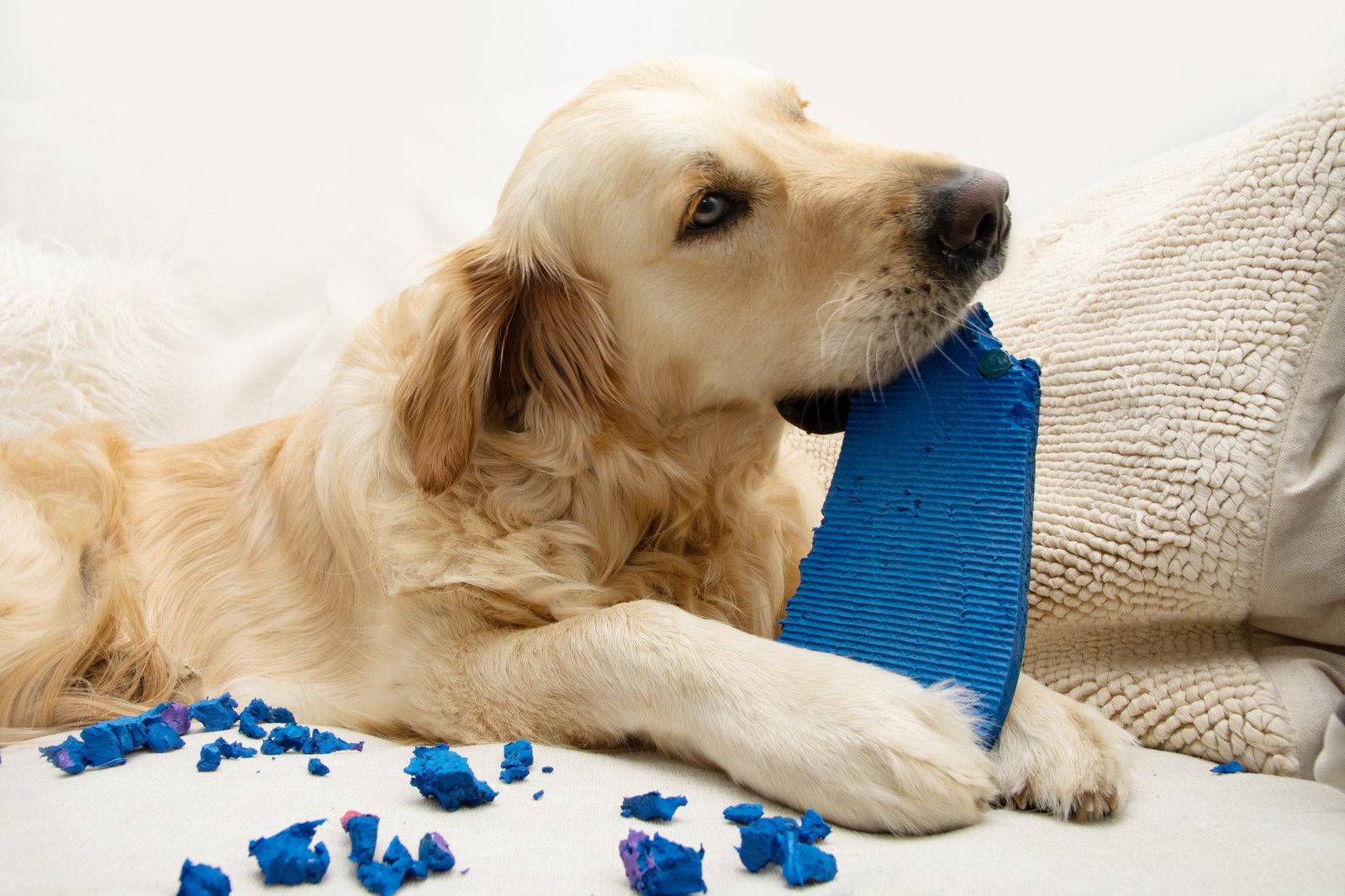
If swallowed, items like coins, buttons, small toys, and jewelry can pose choking hazards or cause intestinal blockages. Keep small objects off the floor and out of reach of curious pets
Essential Oils
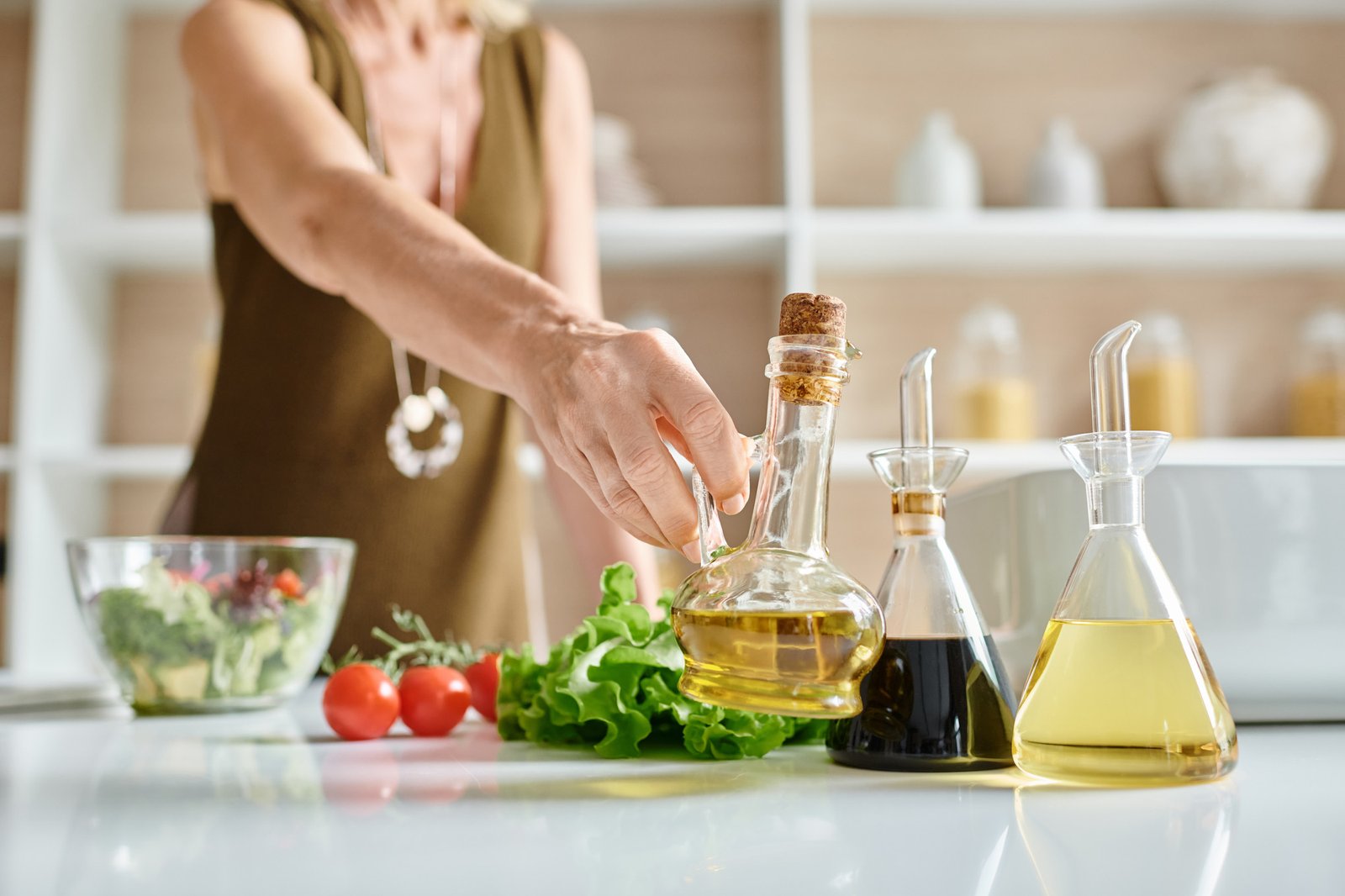
While essential oils are popular for their aromatic and therapeutic benefits, many are toxic to pets. Oils like tea tree, eucalyptus, and peppermint can cause respiratory issues and other health problems. Use essential oils with caution and ensure your pets cannot access them.
Antifreeze
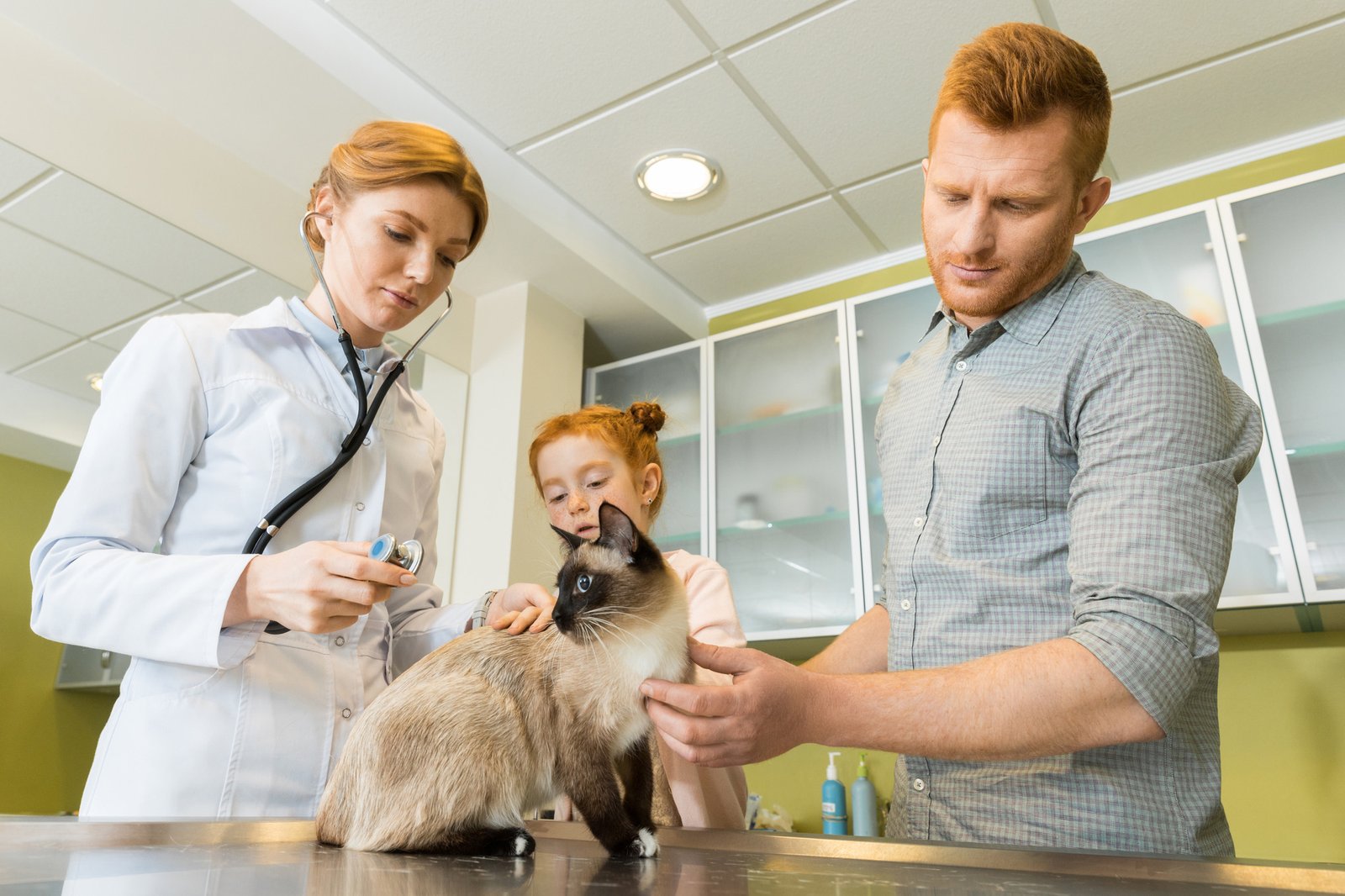
Antifreeze contains ethylene glycol, which is highly toxic to pets. Even small amounts can be lethal. Always store antifreeze securely and clean up any spills immediately.
Alcohol

Alcoholic beverages and products containing alcohol can be dangerous for pets. Ingestion can lead to alcohol poisoning, which requires immediate veterinary attention. Keep all alcoholic items out of reach of pets.
Tobacco Products

Cigarettes, cigars, and other tobacco products contain nicotine, which is toxic to pets. Ingestion can cause severe symptoms and require emergency care. Ensure tobacco products are stored safely away from pets.
Fabric Softeners and Dryer Sheets
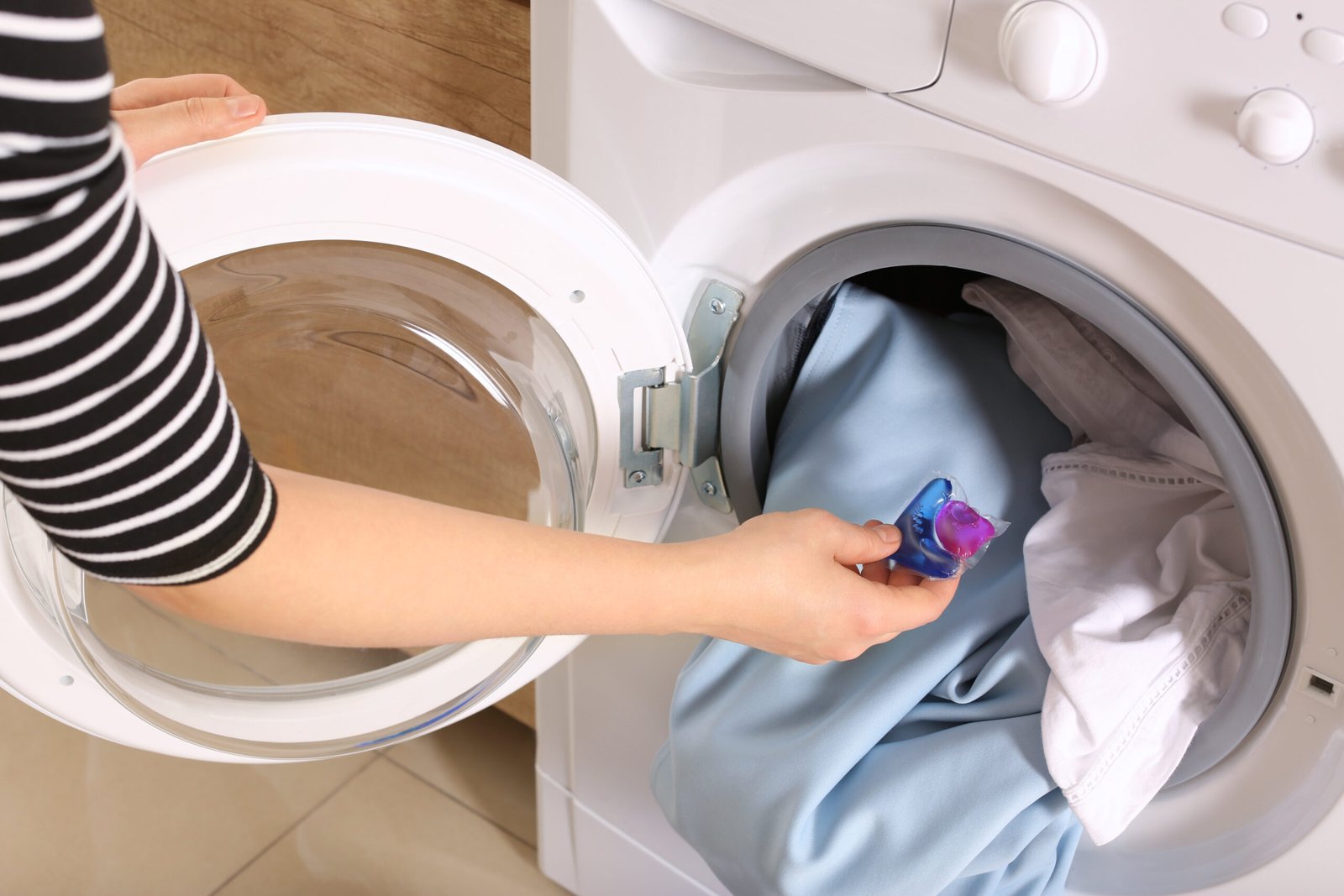
Fabric softeners and dryer sheets often contain chemicals like benzyl acetate that can be harmful if chewed or ingested by pets. They can lead to skin irritation, pulmonary edema, intestinal blockage, and kidney failure. Store these items out of reach and consider using pet-safe alternatives.


